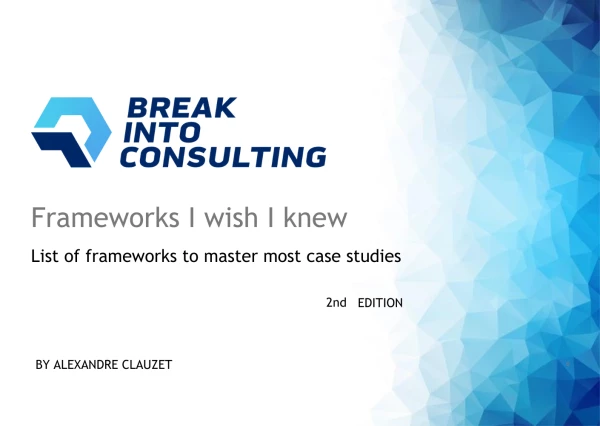I'm working on improving my structuring skill. I'm wondering when I am doing a reflection on the case I've done and redoing the case structuring part, how “deep” should the issue tree branches be?
Some coaches mentioned the structure should be “as deep as possible”, in some cases maybe even 4-5 layers, since nowadays case interviewers drill down the issue tree deeply.
Would doing this practice help to improve structuring skills? Or, finding the “key questions” to answer is more important than trying to develop a comprehensive issue tree which has 4-5 layers? Please advice some effective tips to improve structuring skills and the ability to flexibly structure any type of cases.
















